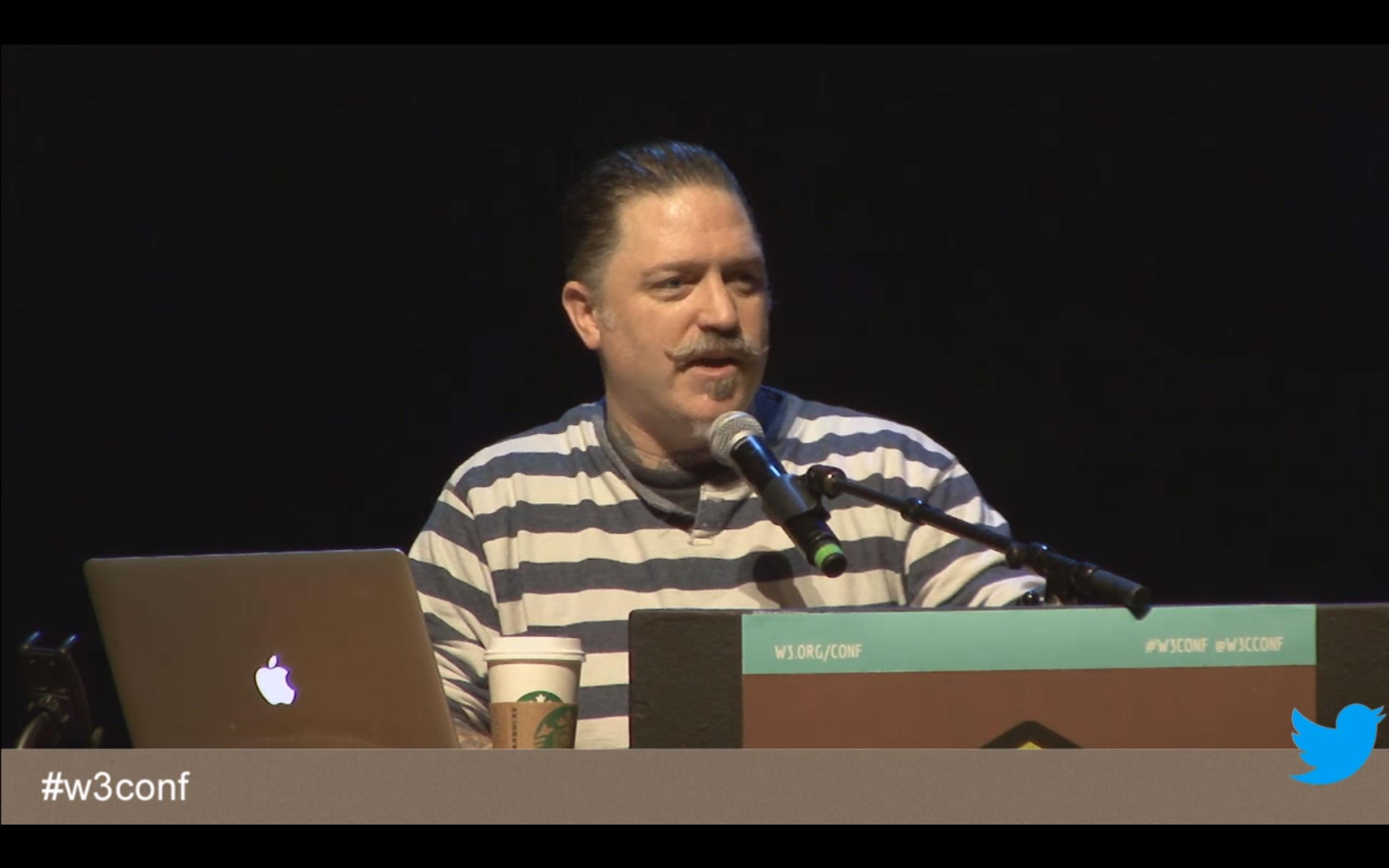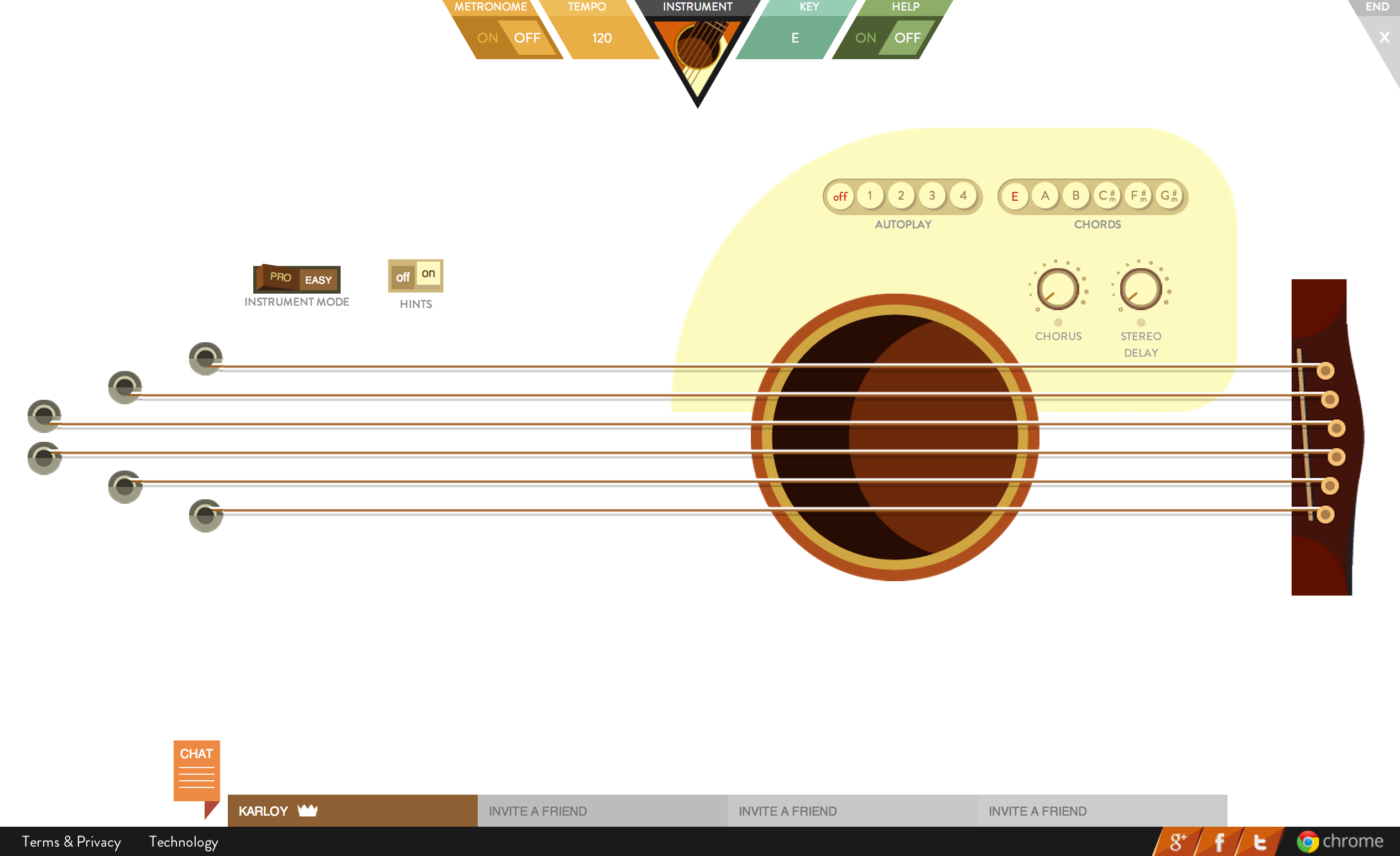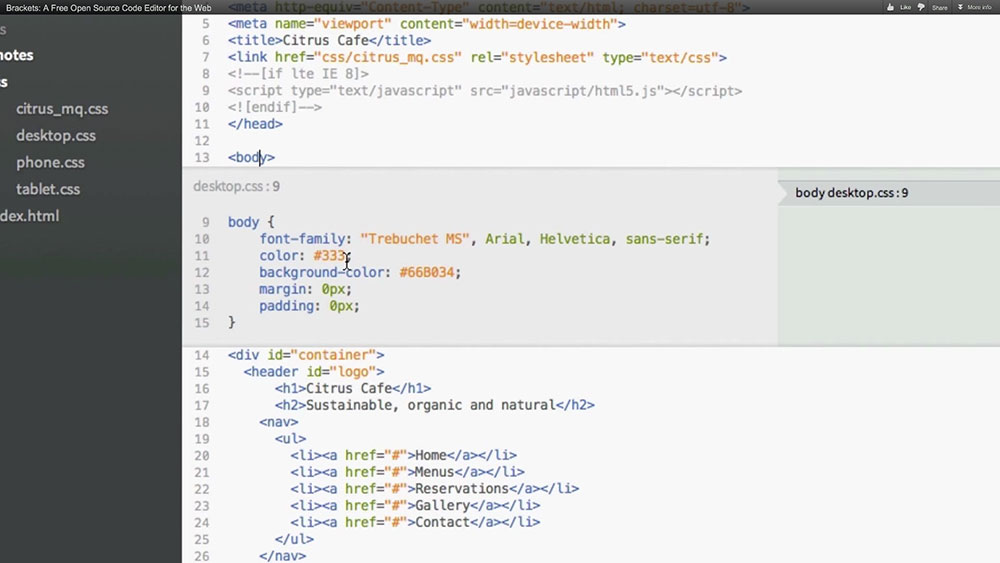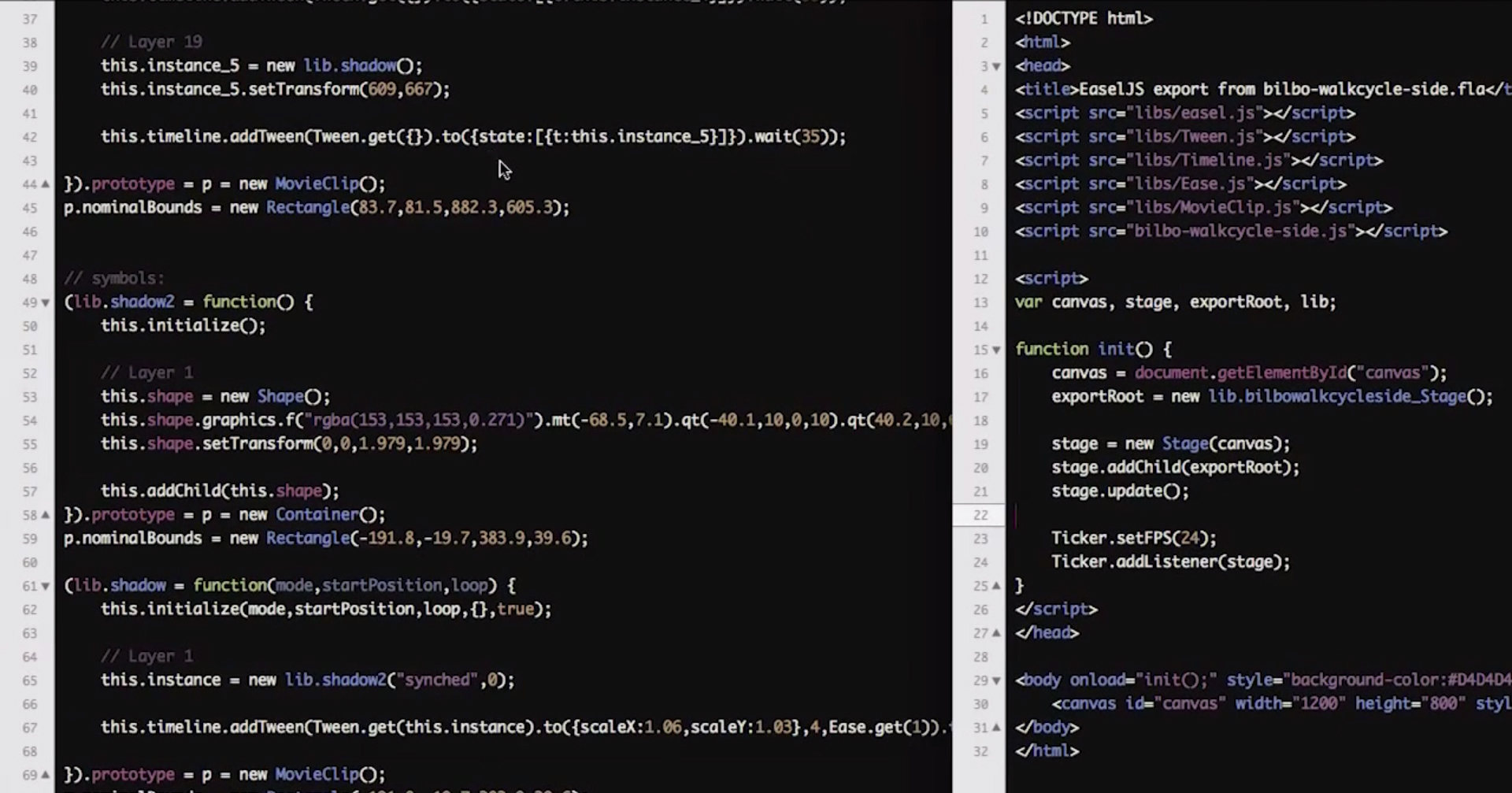
An exciting announcement for the internet community. Adobe’s Michael Thornburgh officially submitted the RTMFP protocol to the Internet Engineering Task Force (IETF). Michael is the brain behind RTMFP, the Flash P2P protocols that allows multicast and P2P communication for video streaming, gaming, video chat (e.g. Chatroulette) – basically any kind of multi-user application.
It doesn’t mean it will become immediately an open standard. The current status is informal – the same state the HLS submission from Apple has been in for many years – but it’s an important step to bringing some really amazing technology to the open web.
Kevin Towes’ official announcement:
We are excited to continue making contributions to standards organizations such as the IETF that further Internet technologies for developers and users. As a technology leader, Adobe collaborates with stakeholders from industry, academia and government to develop, drive and support standards in existing and emerging technologies, policy areas, and markets, in order to improve our customers’ experience. (read more)
It will remain part of Adobe Media Server.
Adobe continues to develop technologies using RTMFP within Adobe Flash and Adobe Media Server including features like Multicast and Groups, being used today by our customers to deliver high quality video experiences across public and corporate networks.
A great step for the open web.

















@jensloeffler this is a big deal (potentially).
@jensloeffler IETF is working on Peer-to-Peer Streaming Peer Protocol (PPSPP) since a while http://t.co/iKJ9dGWH
@timse7 thanks for sharing. I heard about it, but didn’t have the reference.
@timse7 PPSPP appears to be at a higher level than the RTMFP base transport protocol. PPSPP looks more like our P2P multicast system.
@danielalbu I wonder if they’ll accepted. They clearly should have submitted it a few years ago.
@danielalbu they’ll accept it
@joaofernandes @danielalbu I really really hope they will at least consider to accept it RTMFP have so many applications
please note that my submission to the
please note that my submission to the IETF is for the RTMFP base transport protocol. it does not include some Flash-specific information (like the Flash-specific “cryptography profile”), nor does it include higher-level functions like our P2P multicast/groups system.